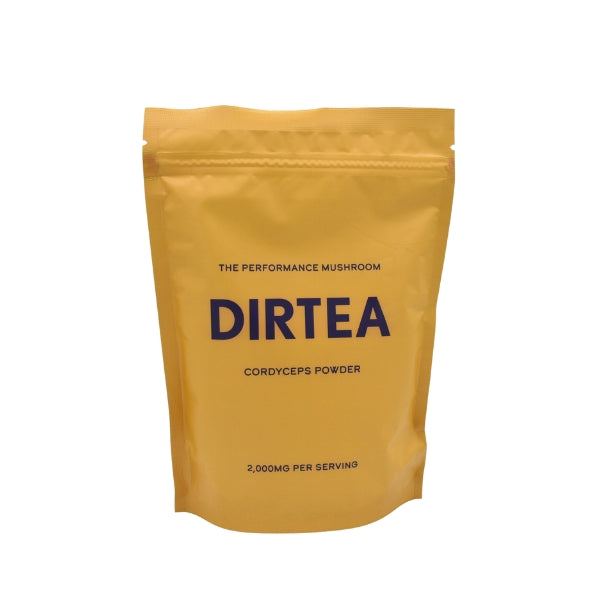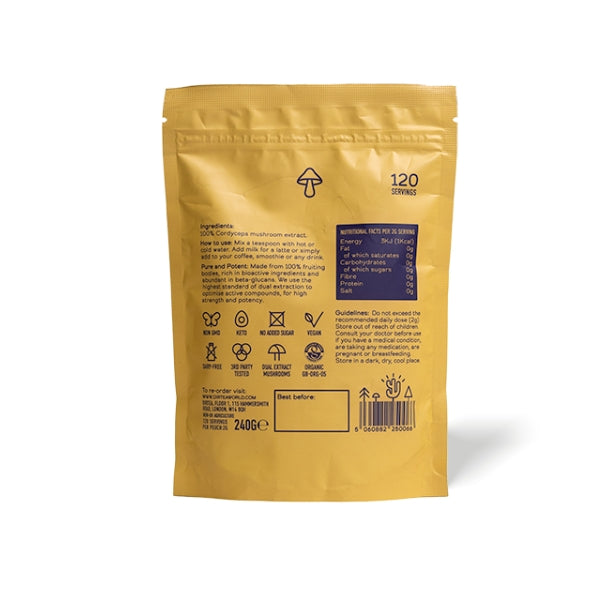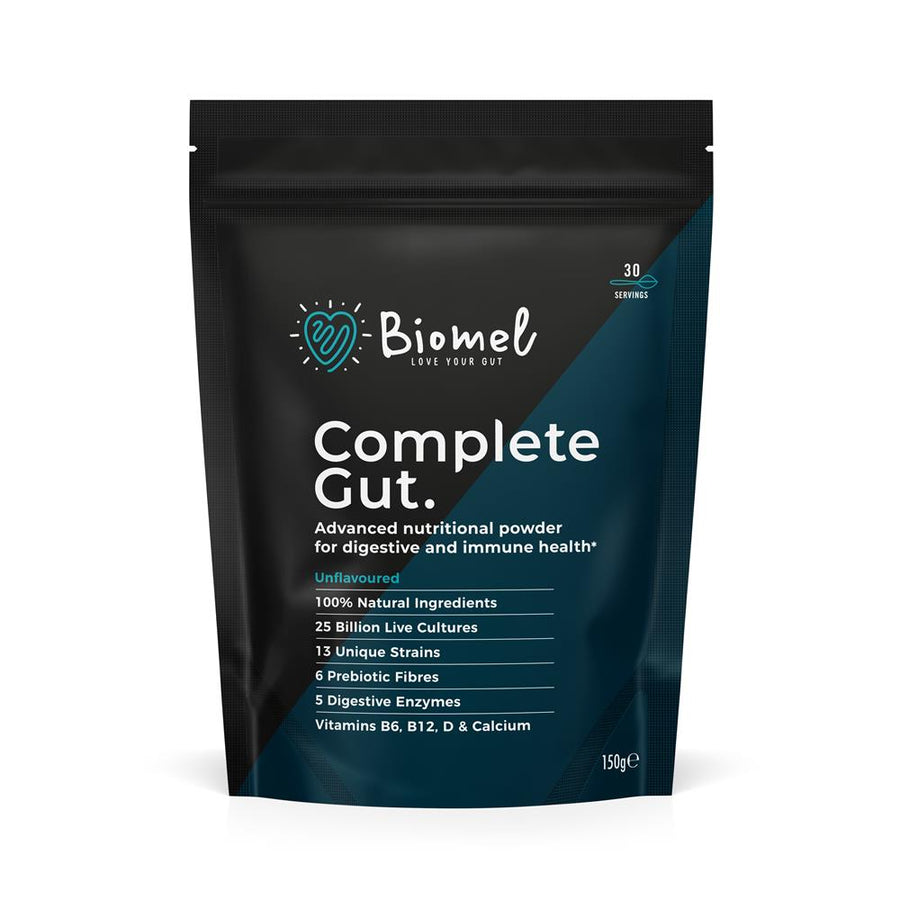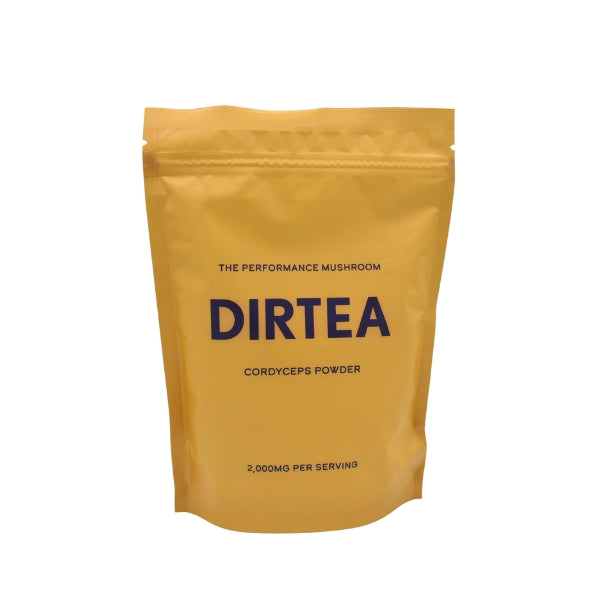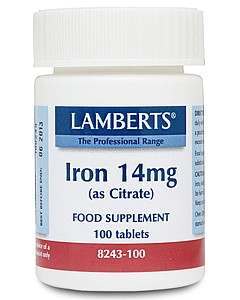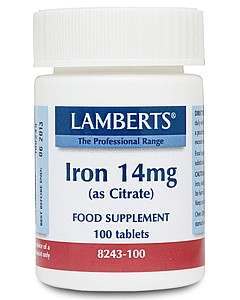Lamberts Iron 14mg 100tabs
Lamberts Iron 14mg 100 Tablets contain Iron in citrate form as this is known to be easily absorbed, and some nutritionists consider that it is less likely to cause constipation than the more common ferrous sulphate. Lamberts advise that all adults (particularly women of menstruating age) who consume vegetarian diets, or little red meat, should consider adding an iron supplement to their daily regime - the recommended daily amount of form iron is 8.7mg a day for men & for postmenopausal women. For younger women it is 14.8mg a day, with no recommendation for an additional requirement during Pregnancy.
- 100 Tablets.
- Suitable for vegetarians.
- Easily absorbed form of iron.
- Contributes to the reduction of tiredness and fatigue.
- Considered to less likely cause constipation than iron ferrous sulphate.
- Recommended to women of menstruating age or those on vegetarian diets.
- Helps the body and muscles deliver oxygen and supplies energy to every cell.
What does Iron do?
The benefits of iron often go unnoticed until a person is not getting enough.
Iron helps to preserve many vital functions in the Body, including general Energy and focus, gastrointestinal processes, the Immune System, and the regulation of body temperature. Iron is also known to contribute to the reduction of tiredness and Fatigue, and to combat anaemia, additional iron through diet or Supplements may be required for a certain period of time.
What causes low Iron?
Low iron intakes are surprisingly common in the UK and research shows that 89% of young females have a daily intake of iron which is less than the RNI of 14.8mg. This reflects the move towards vegetarian diets and declining intakes of red meat. If you get too little iron in your diet or lose too much through heavy menstrual periods, stomach bleeding (commonly caused by arthritis drugs) or cancer, your body draws on its iron reserve. Initially there are no symptoms, but as iron supply dwindles, so does your body's ability to produce healthy red blood cells. The result is iron-deficiency anaemia, marked by weakness, fatigue, paleness, breathlessness, palpitations and increased susceptibility to infection.
How to take Iron supplements for best absorption:
Iron is best absorbed when taken on an empty stomach. However, if iron upsets your stomach, consume with meals, preferably with a small amount of meat and a Food or drink rich in Vitamin C, such as broccoli or Orange juice, to help boost the amount of iron your body absorbs. Iron-rich foods include beef, lamb, liver, clams, oysters and mussels. Vegetarians can obtain adequate amounts of iron from beans and peas, leafy green vegetables, dried fruits, such as apricots and raisins, and fortified breakfast cereals. Brewer's yeast, Kelp, molasses and wheat bran are also good sources.
Directions of Use
Take 1 - 2 Lamberts Iron 14mg Tablets with a meal, or as directed by a practitioner or pharmacist.
Disintegration Time: Less than 1 hour.
Caution:
- Keep away from children.
- Do not exceed the recommended daily intake.
- Food supplements should not be a substitute for a varied diet.
- Over 20mg of iron may cause mild stomach upset in sensitive individuals.
- Lamberts Iron 14mg Tablets contain iron, which if taken in excess, may be harmful to very young children.
Storage:
Lamberts Iron should be stored in a cool dry place and protected from light.
Ingredients
Each tablet delivers:
Iron (as Citrate) 14mg
Tableted with:
DiCalcium Phosphate, Cellulose, Tablet Coating (Hydroxypropyl Methylcellulose, Glycerin), Stearic Acid, Silicon Dioxide, Magnesium Stearate.
Allergen advice:
The following list of allergens are excluded: Wheat, Barley, Soya, Eggs, Milk (and milk products), Lactose, Nuts, Sulphites, Celery, Fish, Shellfish, Yeast and Gluten containing ingredients.
